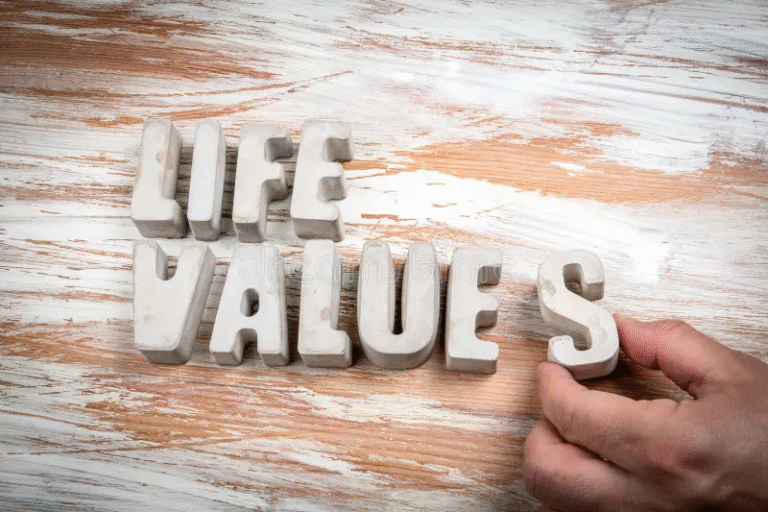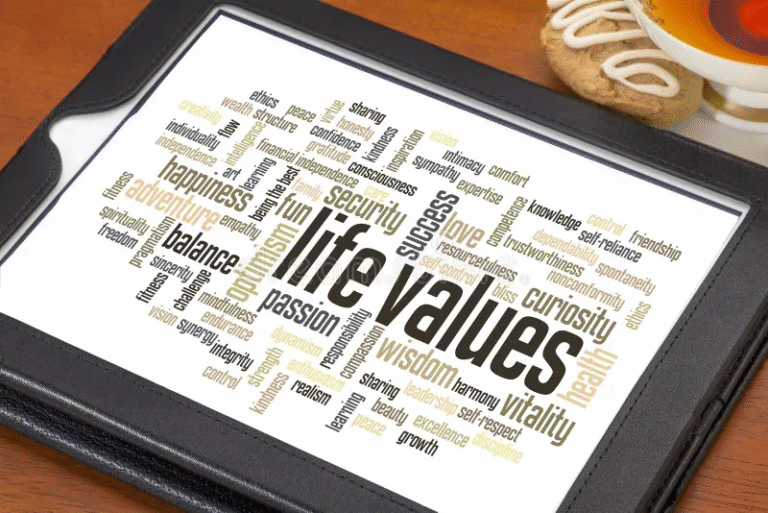Blogs
How Personal Life Values and Circumstances Shape an Extraordinary Life

You know how some books just stop you in your tracks?
You tell yourself you’ll just read a chapter, maybe two, but next thing you know, a couple of hours have passed, and you’re still sitting there, book open, kind of stuck in your own head.
That’s exactly what happened to me with Values & Circumstances That Shaped a Life: A Wild Journey by Wilford H. Welch.
This isn’t just some polished story about career highlights and life wins. It’s real. It’s messy. It’s a man, now in his eighties, looking back with sharp eyes and a full heart, asking the kind of questions most of us avoid.
Like: What actually shaped me? What stuck with me, and what did I finally stop dragging around?
And maybe most importantly: What do I believe in, really?
Not Your Usual Life Story
You’re not going to find some celebrity-style autobiography here. No name-dropping or ego trips. This one’s different. It feels like sitting across from someone who’s been through it, really been through it, and isn’t afraid to say the hard stuff out loud.
Wilford grew up in rural Connecticut. You’d think that would lead to a quiet life, right? Nope. This guy ended up working on U.S.-China diplomacy, walking through war zones, raising a family, and building futures.
But he doesn’t focus on the résumé. He focuses on the why. Why did he make certain choices? What drove him? What values kept him steady, and which ones had to shift?
That’s what makes this book feel alive.
A Man Who’s Actually Walked the Talk
Let’s be honest, when someone says they’ve lived a “global life,” you expect big titles and distant places. And sure, Wilford’s done a lot of that. Diplomat. Educator. Advisor. Futurist (yeah, that’s a real job). But here’s the thing: he’s not out to impress you.
He’s more interested in showing you what it felt like. What it was like to be halfway around the world, far from comfort, standing in rooms where powerful decisions were being made, and knowing your voice mattered, but only if you stayed true to yourself.
He talks about sitting with uncertainty. Making hard calls when there were no guarantees. Choosing compassion over convenience. And learning, sometimes painfully, that what we value most often comes at a cost.
Kelly’s Story Will Stay with You
There’s this one moment in the book I keep coming back to: Wilford and his wife Carole opening their home to a young man named Kelly Yadessa. Kelly had to flee Ethiopia with barely any notice after speaking up for people who had no voice.
Imagine getting a phone call out of the blue from someone you once helped:
“Hi Mama, Hi Papa, I’m at the airport. Can I come stay with you?”
That’s what Kelly said. And without hesitation, they said yes.
He lived with them for six months. No questions. No conditions.
It wasn’t just kindness. It was alignment. Their values said: If someone’s in need, and you have the room, literal or emotional, you make space.
It’s the Small Choices That Shape a Life
This book isn’t full of dramatic climaxes or action-movie-style turning points. That’s not how life works, anyway.
What you’ll find instead are small, intimate decisions that build over time. A thousand little moments of choosing integrity, even when no one’s watching.
There’s this one story I keep thinking about, Myron Spaulding. He was abandoned as a kid and bounced between orphanages. Not exactly the kind of start that sets you up for much. But somehow, he became a first-chair violinist. And then, like it was nothing, he went on to design some of the best sailboats out there.
It’s not a loud story. But it hits you quietly, and hard.
Thinking About the Future Starts with the Present
Wilford has spent most of his life helping people think ahead. But not in that cold, numbers-driven kind of way.
He shows how tools like “Scenario Planning” or “Driving Forces Analysis” can actually be used to reflect on our own lives, to make choices not just for today, but for who we want to be later.
And he doesn’t explain these in a way that feels academic. He weaves them into the stories, like puzzle pieces. You almost don’t realize you’re learning a framework until you’ve already tried it on your own life.
No Glossing Over the Messy Parts
One of the things I really appreciated is that Wilford never pretends to have it all figured out. He doesn’t come off like a wise old man dishing out answers. Sometimes, he second-guesses things right there on the page. He’ll say something and then walk it back a little, like he’s still sorting it out.
And honestly, that makes you trust him more.
He owns up to mistakes. He talks about fear, about losing people, about wondering if certain choices really were the right ones. But you never get the sense he regrets being honest about them.
If anything, that’s what makes the story more trustworthy.
It’s Not About the Big Wins. It’s About the Quiet Truths.
We’re used to reading stories where the hero conquers, wins, or gets some kind of epic resolution. This book doesn’t follow that script.
It’s quieter. Slower. More like a journal than a victory lap. And maybe that’s exactly what makes it feel so intimate.
You’re not just reading about his life. You’re invited to sit with your own.
What shaped you?
What beliefs have you outgrown?
What values are still holding you steady?
If You’ve Ever Wondered What Actually Matters, Start Here
You don’t need to be in your 80s to ask these questions. You don’t need to be a diplomat, or strategist or a professor.
If you’re a parent trying to raise good kids, a college student figuring out what comes next, someone sitting at a crossroads wondering which road is yours, this book will speak to you.
You’ll feel it in your chest. Not because it’s “inspiring” in some cheesy way, but because it’s honest. And honesty always hits a little harder.
Reading This Feels Like Sitting with a Mentor
There’s something calming about Wilford’s voice. It’s not loud or urgent. It’s thoughtful. Gentle. Like an older friend who isn’t trying to fix your life but wants to help you ask the right questions. That kind of wisdom doesn’t come from success. It comes from living and paying attention.
The Words Stick with You Long After
I finished the book a few days ago, and it’s still with me. Certain lines, certain images, little moments of clarity. It makes you want to slow down and ask yourself:
Am I living by the things I say I believe in? Or just coasting?
It makes you want to write a letter. Call your parents. Journal. Clean out a drawer. Reflect.
Something, anything that feels like honoring the stuff that truly matters.
Values & Circumstances That Shaped a Life: A Wild Journey
By Wilford H. Welch
Available now on Amazon and wherever thoughtful books are shared.
Read it when you’re ready to be honest with yourself.
Read it when you’re tired of noise.
Read it when you want to remember what it feels like to feel again.
Click here to get your copy








